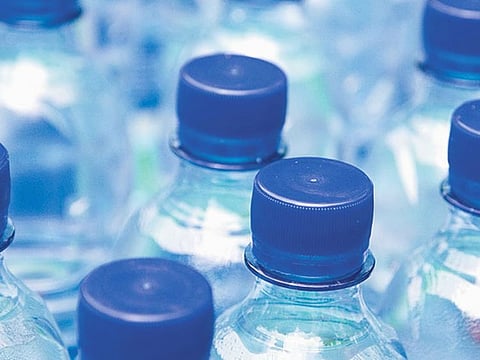Saudi bottled water pulled from shelves over elevated bromate level
Nano water exceeded standard of 10mg of bromate per litre, says Saudi FDA

Abu Dhabi: Saudi Food and Drug Authority (SFDA) warned against consuming Nano bottled water, produced by the Mohammad Ibrahim Al Hazmi Sons factory, better known as Nano Factory, in Al Qunfudah Governorate in Mecca region, for exceeding the maximum permissible limits of the bromate, local media reported.
The authority said it had withdrawn samples of bottled drinking water produced locally during the past period, to determine their compliance with Gulf Standard Specification regarding the maximum permissible level of bromate (10 parts per billion), and the results of laboratory tests showed that it exceeded the maximum limits.
The authority recommended consumers should avoid the product (250ml, 2 litres, 5 litres) and get rid of what they have, noting that it has taken the necessary measures to oblige the factory to withdraw the product from the local markets and stop the production lines for that product, until the permissible limits of bromate are adhered to.
Bromate is formed when ozone used to disinfect drinking water reacts with naturally occurring bromide found in source water. Bromate formation in disinfected drinking water is influenced by factors such as bromide ion concentration, pH of the source water, the amount of ozone and the reaction time used to disinfect the water.
Authorities developed a level that is protective of non-cancer health effects from long-term exposure, including individuals who may be more susceptible including women of childbearing age and children.
Assuming an adult drinks about two litres of water a day at the drinking water standard of 10 micrograms per litre, their exposure is about a sixth of that level. The increased lifetime cancer risk from drinking this water everyday poses a moderate risk level of about two in 10,000.
The information on the toxicity of bromate comes from accidental or intentional poisonings in people and from studies on laboratory animals.






